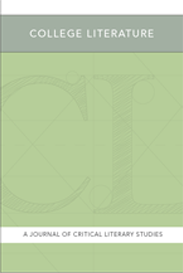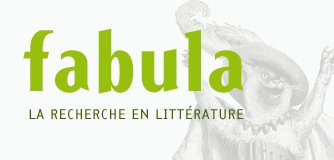 Two librarians who wrote a feature story for the magazine American Libraries say that editors added quotes from an educational company without their consent.
Two librarians who wrote a feature story for the magazine American Libraries say that editors added quotes from an educational company without their consent.
The feature, “Special Report: Digital Humanities in Libraries,” was included in the Jan/Feb 2016 issue of the magazine, published by the American Libraries Association. It includes some data from a survey conducted by the ALA and Gale — a company that sells digital resources, such as a collection of British newspapers beginning in the 1600s. According to the survey, an “overwhelming 97% of libraries agree” that digital resources like those archives should be available in library collections.
The authors aren’t objecting to that statistic. What they are objecting to, they say, is the journal’s decision to include some general quotes from a Gale representative, without checking with them first. The authors — Stewart Varner, a Digital Scholarship Librarian at the University of North Carolina, and Patricia Hswe, who co-heads the department of Publishing and Curation Services at Penn State — say they first learned of the quotes when they got the magazine in the mail.
On his blog, Varner calls it a “totally crappy” situation, and explains “the article was edited after we thought we had turned in the final version:” Continue reading “Totally crappy:” Library magazine adds quotes from vendor without authors’ consent



